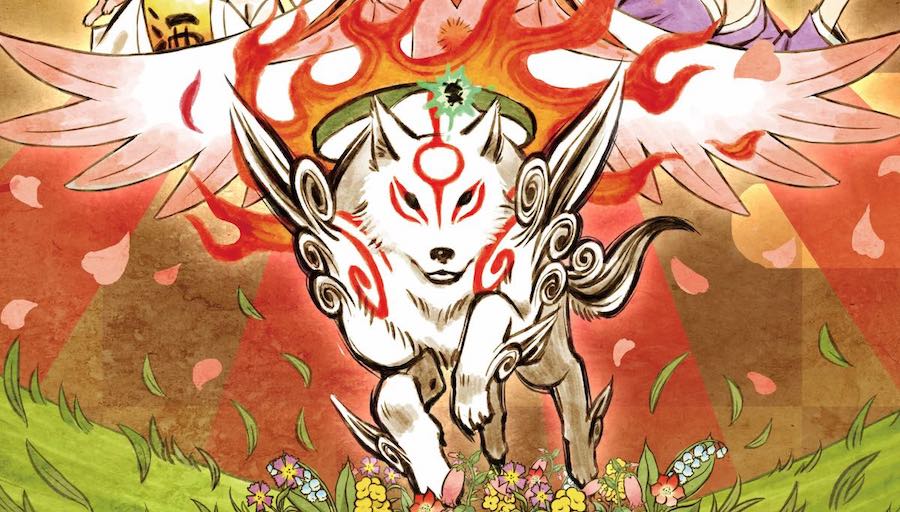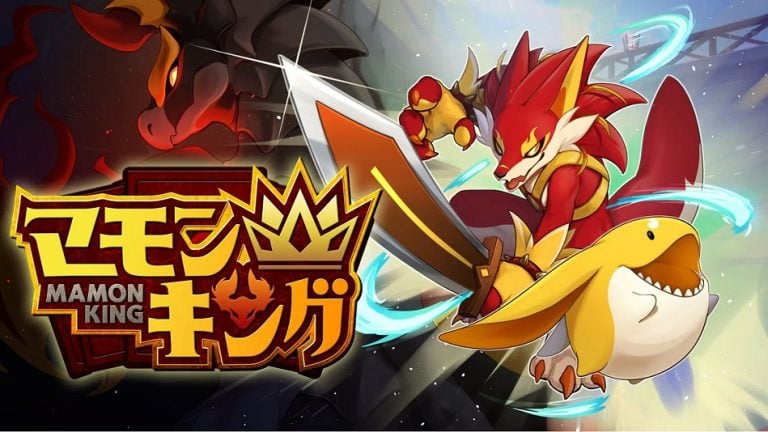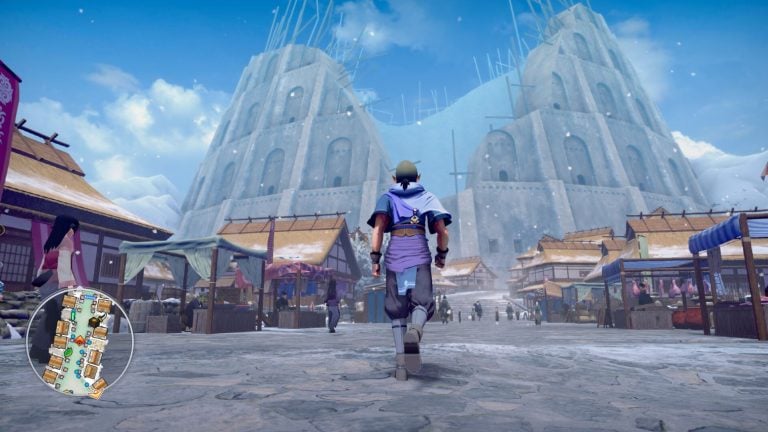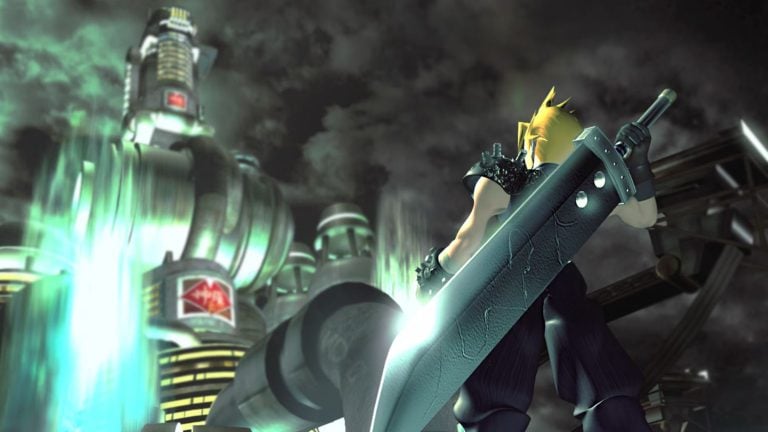At The Game Awards last week, it was revealed that a sequel to PS2 cult classic Okami is currently in development. Not only that, but the unexpected sequel is helmed by the original game’s director Hideki Kamiya, at his new studio CLOVERS. Talking to Denfaminicogamer, Hideki Kamiya and former PlatinumGames/freelance game designer Kenta Koyama gave some insight into the founding of CLOVERS, the meaning behind the new studio’s name, plus their uncompromising focus on creativity and financial independence.
Koyama explains that Kamiya came up with the name for their new studio. However, the name is more than just a reference to the now-defunct Capcom subsidiary Clover Studios, where Kamiya made Viewtiful Joe, God Hand and Okami. CLOVERS can be read as C Lovers, with the “C” standing for “Creative.” Creative differences were at the root of why Kamiya left PlatinumGames last year (more on that here). “In working with Kamiya so far, I have always felt that “creativity” was an extremely important element, so I thought it was a very good idea to have a company name that emphasizes this,” Koyama comments. “I further developed the idea from there, coming up with the concept of ‘A company that values the 4 Cs,’ imitating the four leaves of a clover.” Appropriately, the studio’s cloverleaf logo is made up of four interlocking Cs.
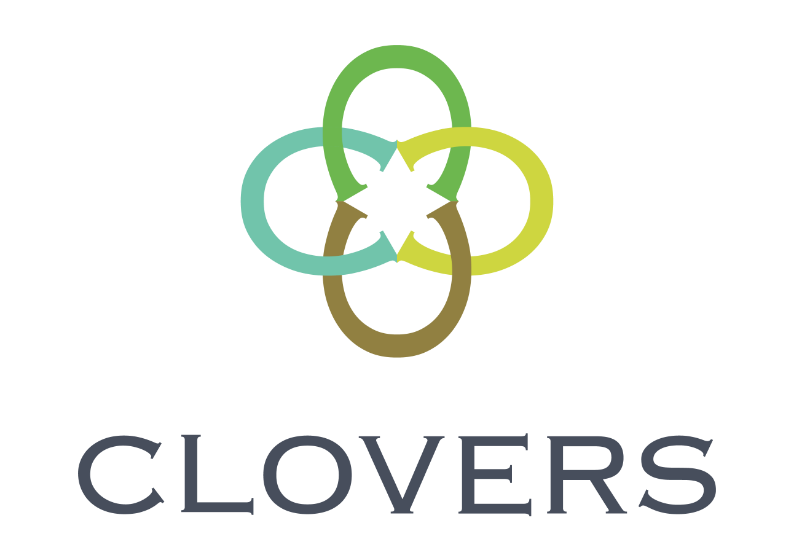
As explained on CLOVERS website, three of the Cs are Challenge, Creativity and Craftmanship. “The difficult part was deciding what the fourth C should be,” Koyama explains. “There are so many important words beginning with C that I just couldn’t decide on one.” Koyama ultimately came up with the idea that the fourth C represents what each individual employee brings to the table – in other words, each member of CLOVERS’ staff picks their own C.
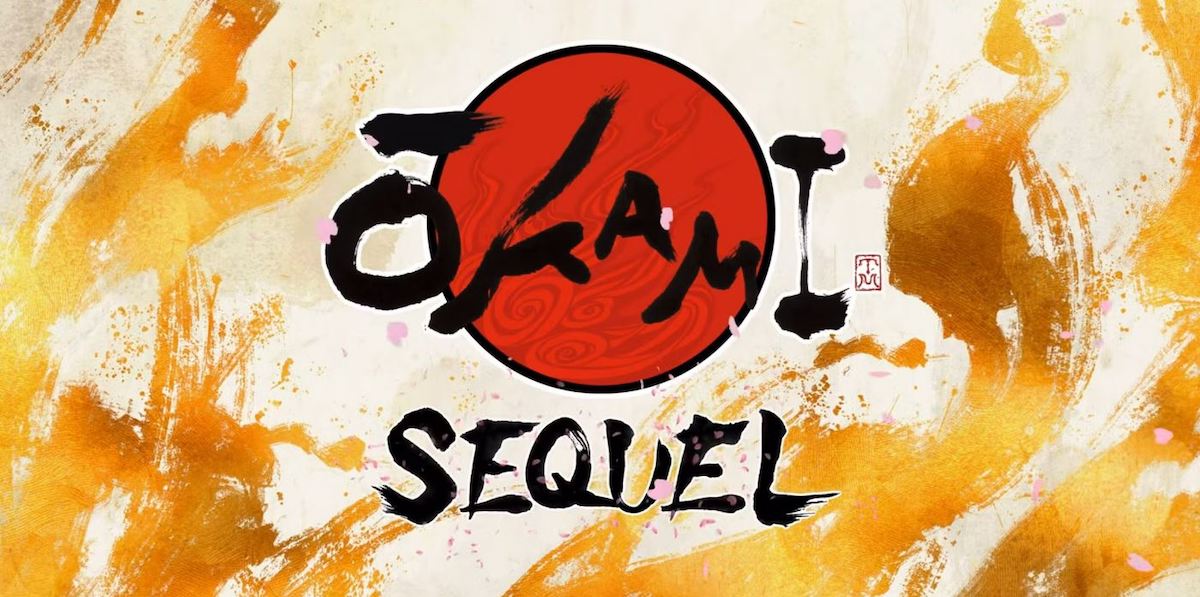
So, what are Hideki Kamiya and Kenta Koyama’s personal Cs? Kamiya explains that he picked ‘Curiosity’ because “the curiosity that flows forth from within me has provided my driving force for creating games so far.” Koyama chose “Cleanliness” focusing on another, deeper meaning of the word (when translated into Japanese), which is “honesty towards our business partners and employees.”
Not all staff have picked such serious words, however. “Some of our members have chosen things like ‘Coffee Break’ and ‘Crazy,’ but it is also a creative way of testing our skills at explaining the concept behind words,” Koyama explains. Referring to the uniqueness of each member’s choice of a fourth C, Kamiya later adds that “I want to work with people who value this kind of individuality and who can put their own pride into making games.”
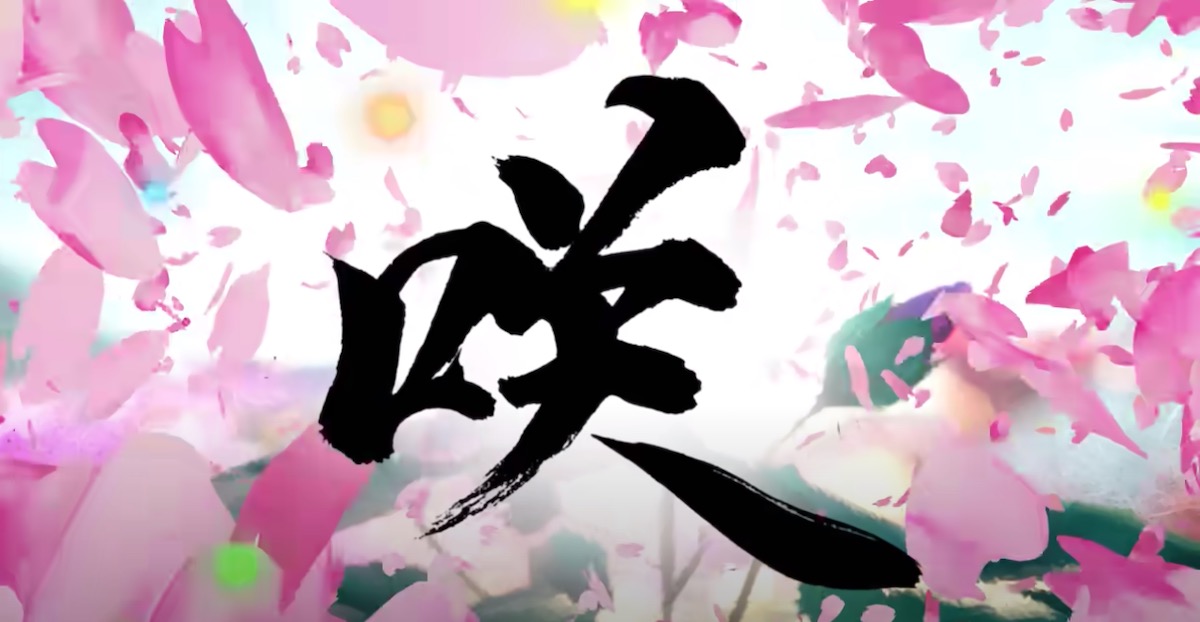
Being an independent studio is also a quality that CLOVERS founders place great emphasis on. “In order to focus on making the kind of unique and creative games that we are aiming for, we need to make sure that our investors cannot easily interfere in the company,” Kamiya explains. Games will be financed on a per project basis, where investors fund a specific development project rather than the company itself.
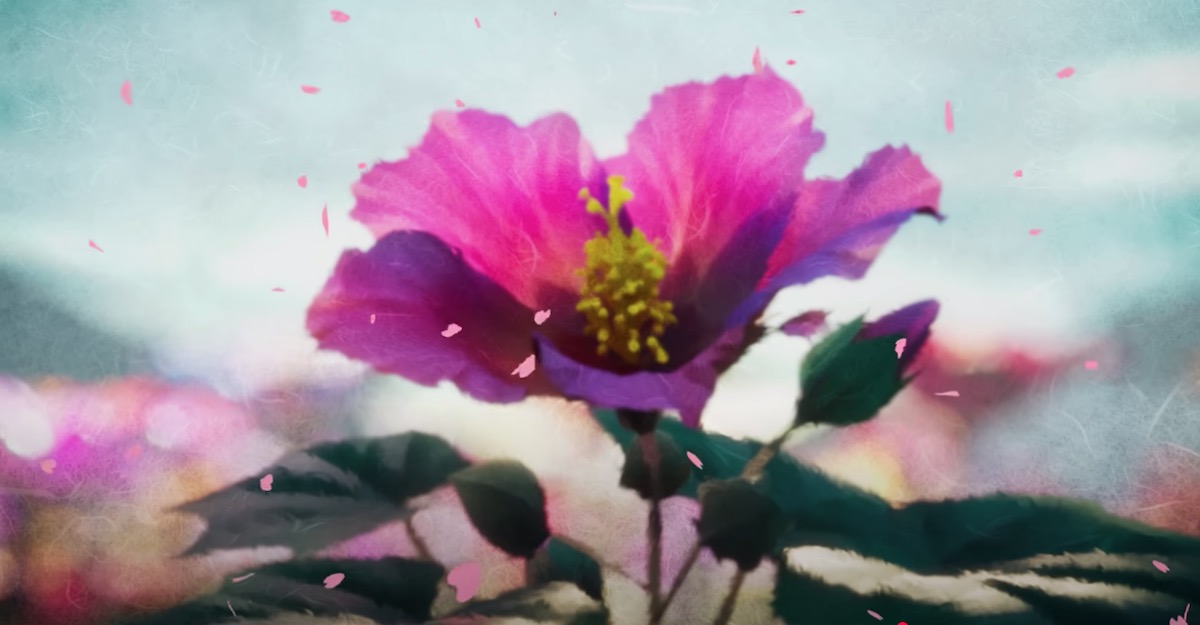
CLOVERS currently has around 20 members split between two offices in Tokyo and Osaka. The eventual goal is to have around 70 employees. However, CLOVERS won’t make every aspect of a game. Rather, CLOVERS’ members will focus on creating and maintaining the central core and vision of the game, with other work being outsourced to like-minded creators at other companies.
But what kind of games will CLOVERS be making aside from the Okami sequel? “Personally, I am not interested in making the kind of huge games that people generally refer to as AAA titles.” Kamiya reveals, later explaining that “Of course, such games are important, but I personally like to play games that show the creators’ individuality. (…) As a creator, I think it is fun to make such games.”
Kamiya says he’d like to “work on games that are moderately large in scale, like AA titles, as well as smaller, more compact titles.” CLOVERS aims to not only take on existing IP and projects, but also come up with original ideas from scratch. “We will start with another title on the same scale as the one we are working on now (i.e. the Okami sequel). If all goes well, we’d like to do something on the scale of an indie title,” says Kamiya.

